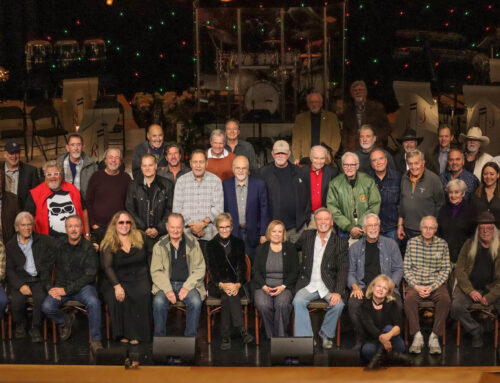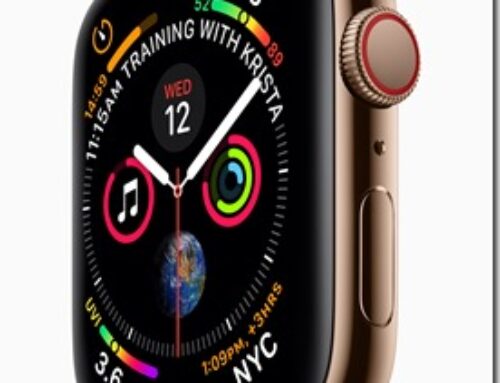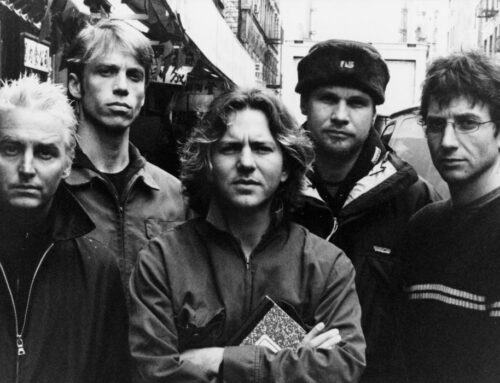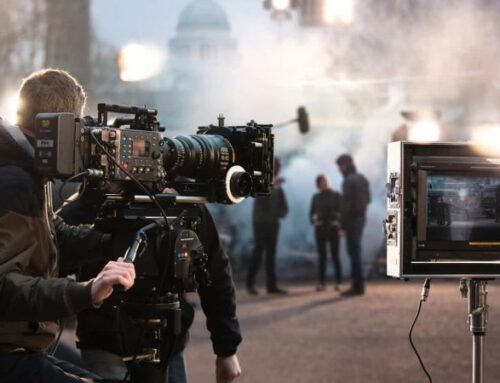By Cheshire Rigler
Can a band member post photographs of their concerts to their webpage or social media if they are taken by an unrelated photographer?
Can the Instagram posts and stories of social media influencers contain copyrighted music?
 If a “how-to” post features the trademarks of competing products, does that violate intellectual property laws?
If a “how-to” post features the trademarks of competing products, does that violate intellectual property laws?
Can a gamer live streaming on Twitch insert music from his favorite bands or excerpts from TV shows or movies without violating copyright?
If you are reading this, then you may be one these content creators. Our world is driven by media and entertainment. Everyday hundreds of millions of people interact with a seemingly infinite number of social media accounts, webpages, YouTube videos, blogs, and online markets. This vast electronic ecosystem has enabled content creators to reach more people, make more money, and have a greater effect on the world than at any time in the past.
Whatever your passion may be, if it involves posting content on your website, social media account, blog, or YouTube channel, then it’s important to understand the copyright concept of “fair use.” Fair use can either help or hurt your career, depending on your specific situation.
Take, for example, a recent real-world scenario: in early 2020, Saeed Bolden, a paparazzi photographer, took a picture of Kim Kardashian with her husband, Kanye West. Mrs. Kardashian posted this picture to her Instagram without authorization from Mr. Bolden. Mr. Bolden sued Kim Kardashian for $150,000 for misappropriating this photograph, and Mrs. Kardashian recently settled out of court.
As you can see, it may not seem like a big deal to use photographs or other works that may not appear to be copyrighted – after all, it was just a normal, run-of-the-mill photo of Kim and Kanye. However, copyright law protects many different types of works, sometimes in seemingly innocuous ways. It’s important, then, to understand if and when you can use others’ works on your various content platforms via fair use. Having this understanding can save you a lot of time and money.
What is “fair use?”
“Fair use” is a legal concept created by the Copyright Act of 1976. Under this concept, a person other than the copyright owner is permitted to use the copyrighted work without the owner’s permission.
What actions are protected by fair use?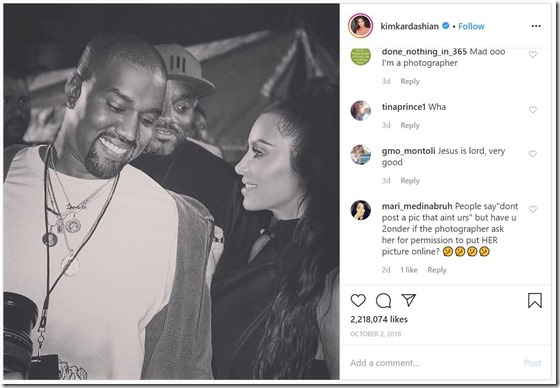
In general, fair use protects criticism of and commentary on copyrighted works, news reporting, teaching, scholarship, and research. These things are extremely beneficial to society in general, so our legal system created these general exceptions to otherwise protected works. Fair use thus encourages the creation of extraordinary, world-changing works of art by our society, while also respecting the copyright creator’s right to protect his property in nearly every other situation.
How is fair use decided?
Courts consider four factors in their determination of fair use:
(1) the purpose and character of the use, including whether such use is of a commercial nature or is for nonprofit educational purposes;
(2) the nature of the copyrighted work;
(3) the amount and substantiality of the portion used in relation to the copyrighted work as a whole; and
(4) the effect of the use upon the potential market for or value of the copyrighted work.
Depending on the circumstances, other factors may also be considered; however, these four will always be considered. Each factor is weighed against the others in determining if fair use is appropriate. No one factor is presumptively dispositive and fair use is determined on a case-by-case basis. This can make it difficult at times to determine what is and isn’t fair use.
So, are your posts protected by fair use?
As you have probably figured out, the answer is: it depends. Each situation is different, and the factors listed above are analyzed on a case-by-case basis. The safest course of action is to contact the owner of the copyrighted work and ask for written permission to use the work. However, this can be a very time consuming and expensive process if you can find the copyright owner at all. On the other hand, you could post without permission, but you risk a lawsuit, just as Mrs. Kardashian did.
Each situation is different and may require legal counsel to truly determine if your post is protected under a fair use defense. Short of legal counsel, what you can do is safeguard yourself in a similar way as we have – look at the disclaimer at the bottom of this webpage. All of our webpages contain the same disclaimer. Though this is not a complete defense, it can be very helpful in any potential claim brought against you.
If you have any further questions concerning “fair use” or require legal counsel concerning this matter or any other matter, please feel free to contact us.
Featured Article Image by Erik Lucatero, inline image by Gerd Altmann, both from Pixabay.



